Hey lovelies 😍
It's your favorite girl @debbie-ese ❤️
Welcome to my blog 🤗
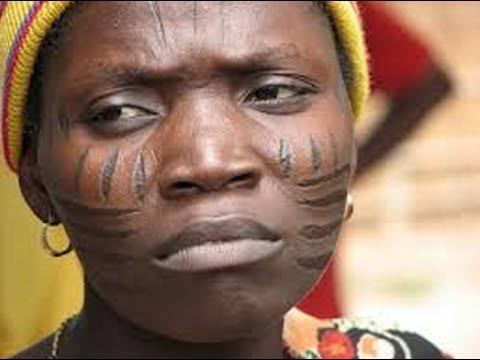
source
Africans and Nigerians in particular are known for embracing culture and heritage from one generation to the other. One of the ways they embrace cultural values is through tribal marks. The mark that would make it easy to distinguish a particular tribe from the other just by the type of mark they have on their faces.
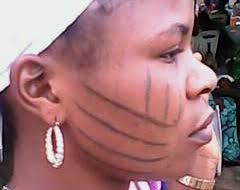
source
Tribal marks are cuts or scars drawn on the faces that are peculiar to a particular tribe. Tribal marks are always inscribed on the cheeks by cutting the skin at childhood. It is definitely painful but the pain subsides after a while and it turns to a scar that will be on the face for life.
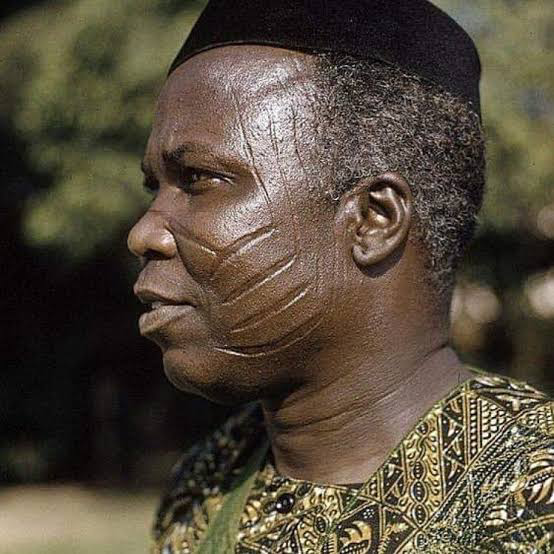
source
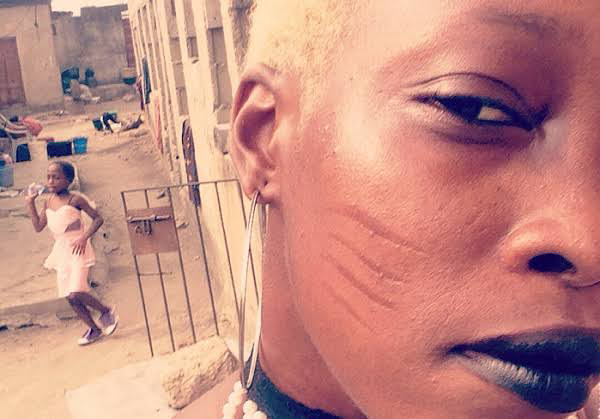
source
During the slave trade era in Nigeria, these marks were used as a means of identification among the Yoruba people. It was also used to recognize the members of your clan during wars between two tribes or clans and also after the whole war is over. One is not worthy to be identified as a Yorùbá person if s/he doesn't not have a tribal mark on the face. At that time tribal marks is a part and parcel of the Yoruba culture and tradition.
They are also used to distinguish children that are born to die known as Abiku in Yorùbá culture. Abiku is a Yoruba word that can be translated as "predestined to death". It is from (abi) "that which was born" and (iku) "death". You can Google more about Abiku to know more.
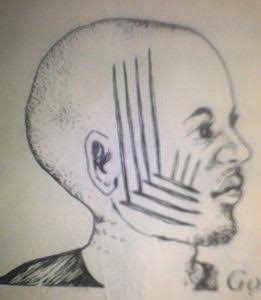
source
In recent times, the culture of tribal marks is not encouraged among the new generation of Yorubas. With civilization creeping into the hearts and minds of Africans a lot of people see no reason for tribal marks.
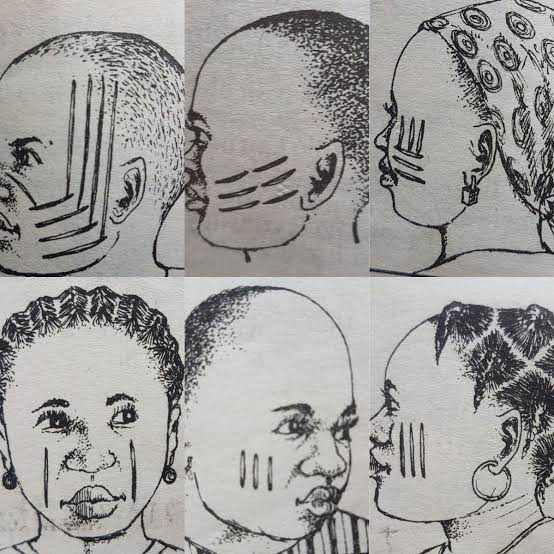
source
There has been a whole lot of arguments and debate about the fact that tribal marks is a form of mutilation and could lead to low self-esteem, infections and so on. It is now a crime to mutilate a child's face in the name of tribal marks in some states and it could lead to imprisonment.
Thank you for your time lovelies.
The post is originally written by me 💕@debbie-ese💕
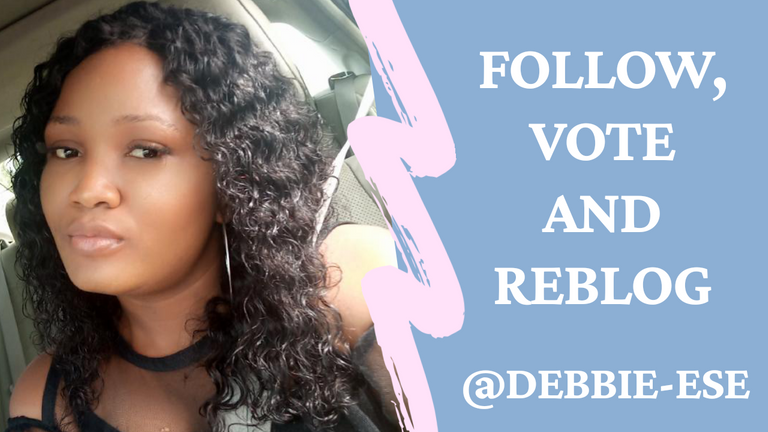
@tipu curate
Upvoted 👌 (Mana: 0/55) Liquid rewards.
Wow it's amazing and really interesting to learn more about tribal marks. This is quality content. Thank you for sharing!
I am @ceparl and I've chosen this post for 100% curation in Hive Cross Culture's curation project.
• You will receive a percentage of the rewards from our curation post.
• And this post would be featured in our next weekly digest article.
Hive Cross culture is a community for conversation about culture. This can be national, local, community, or personal culture, subculture or your ideas about culture, language posts etc. We also invite and support bilingual posts, and are searching for ways to support and grow the local communities on Hive. Come join us in our discord chat if you are interested!
Hi @ceparl, thank you very much. I'm highly delighted that you find my post worthy of being a quality content.